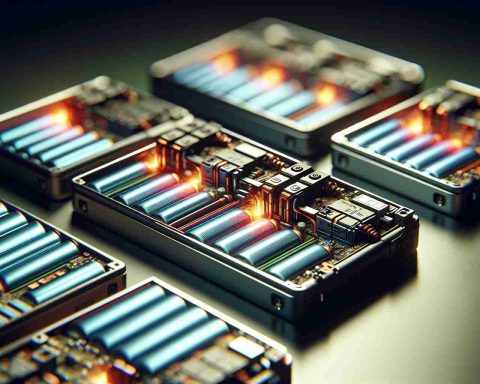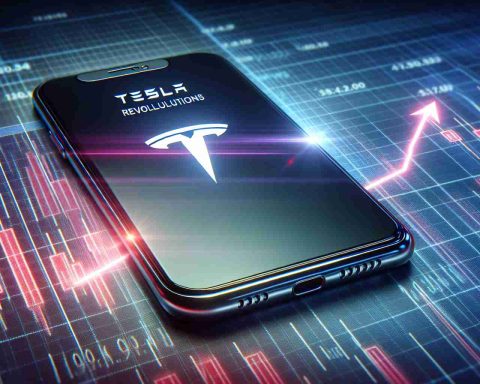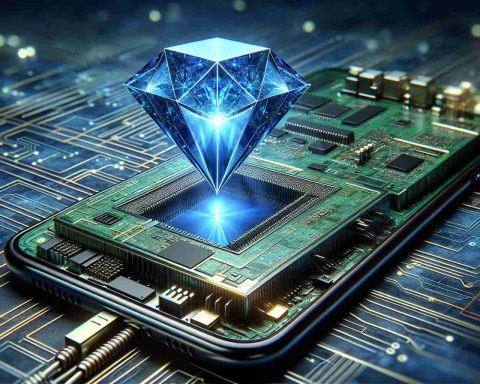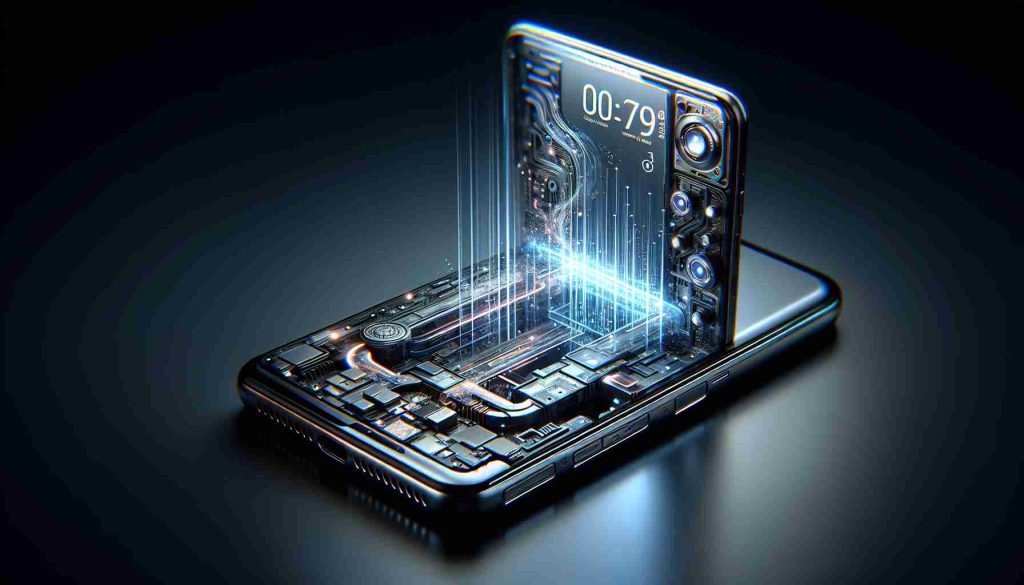Speculation surrounding a potential Tesla smartphone was addressed by CEO Elon Musk during a podcast conversation with Joe Rogan earlier this week. When Rogan inquired about the possibility of Tesla launching its own smartphone, Musk emphasized that the company possesses an unmatched capability to produce a revolutionary smartphone, rivaling Android and iPhone. However, he clarified that Tesla has no plans to venture into the smartphone market unless compelled by external circumstances.
Musk elaborated on this by suggesting that if tech giants like Apple or Google were to engage in practices that stifle innovation, such as app censorship or monopolistic behavior, Tesla might reconsider its stance and develop a smartphone.
The notion of a Tesla smartphone first emerged in 2022 after Liz Wheeler raised a pertinent question during her podcast. She speculated on Musk’s response to Apple and Google potentially removing Twitter from their app stores. Musk later conveyed on social media that he hopes such a situation doesn’t arise but confirmed he would consider building an alternative phone if necessary.
In May 2024, rumors reignited when reports surfaced about a hypothetical Tesla Phone capable of linking to Starlink satellite services and operating on TeslaOS. In June 2024, a social media user named Warren Redlich fuelled the hype by suggesting a collaboration between Tesla and Samsung for a phone named X. Musk acknowledged the possibility without confirming any plans.
According to sources like Teslarati, the smartphone market is currently stable and meets consumer needs, leaving little room for a disruptive newcomer. Consequently, Tesla’s primary focus remains on other high-impact projects like SpaceX rockets, Neuralink brain chips, Optimus robots, Starlink internet, and electric vehicles, suggesting that a Tesla phone launch is unlikely in the near future.
Could a Tesla Smartphone Revolutionize the Market? Exploring the Impact and Controversies
In recent discussions about technology and innovation, the idea of a Tesla smartphone has fascinated many. While Tesla CEO Elon Musk dismissed the likelihood of Tesla launching into the smartphone arena anytime soon, the potential ramifications of such a move remain intriguing. This article delves into hypothetical scenarios, fascinating facts, and the broader implications on society and infrastructure.
The Unseen Impact on Global Connectivity
The tantalizing prospect of a Tesla phone, particularly one that could integrate with the Starlink satellite service, signals a potential paradigm shift in global connectivity. Current smartphone users frequently face issues like poor cellular reception and limited internet access in remote areas. A device seamlessly connected to Starlink could alleviate these problems, providing high-speed internet worldwide. This is particularly advantageous for underdeveloped regions where traditional infrastructure is either lacking or prohibitively expensive.
Advantages of a Tesla Smartphone
1. Integration with Tesla Ecosystem: A Tesla phone might unify various Tesla technologies, allowing deeper integration with Tesla cars, energy products, and home systems. This could create a seamless lifestyle for users already embedded in the Tesla ecosystem.
2. Potential for Innovation: Known for its revolutionary approaches, Tesla’s entry into the smartphone market could drive innovation, pushing existing manufacturers to improve their offerings.
3. Competitive Pricing: If Tesla leverages its manufacturing efficiency, it might be able to offer advanced features at competitive prices, much like its strategy with electric vehicles.
Disadvantages and Controversies
1. Diversion from Core Focus: Some argue that venturing into smartphones could distract Tesla from its primary objectives, like sustainable energy and space exploration. This new direction may dilute their efforts in these critical areas.
2. Privacy Concerns: With Tesla’s foray into tech-infused territories like Neuralink, a smartphone could raise privacy issues, especially if it includes biometric data storage or integration with brain-computer interfaces.
3. Market Saturation: Entering the saturated smartphone market poses the risk of not meeting sales expectations, as competitors like Apple and Samsung are deeply entrenched with loyal customer bases.
What If Your Phone Could Tap Into the Cosmos?
The integration of Tesla smartphones with Starlink satellites presents a fascinating “what if”. Would this mean having a universal, reliable internet service on a global scale? This raises questions about telecommunications infrastructure and its future relevance. How would telcos react to such a disruption?
It’s worth noting that universal internet access aligns with global educational and economic equity efforts, potentially offering unprecedented opportunities for remote learning and business in underserved areas.
Conclusion: Is the World Ready for a Tesla Phone?
The speculation around a Tesla smartphone invites us to consider the larger implications of such a technological leap. While the prospects are exciting, the feasibility and timing of such a venture remain uncertain, entrenched in the larger strategic aims of Tesla and the unpredictable nature of tech evolution. Meanwhile, Elon Musk’s confirmation of Tesla’s non-involvement for now keeps the subject simmering with curiosity.
For more updates on Tesla’s latest innovations, visit the official Tesla website and to learn more about satellite connectivity and its evolution, explore the Starlink homepage.























